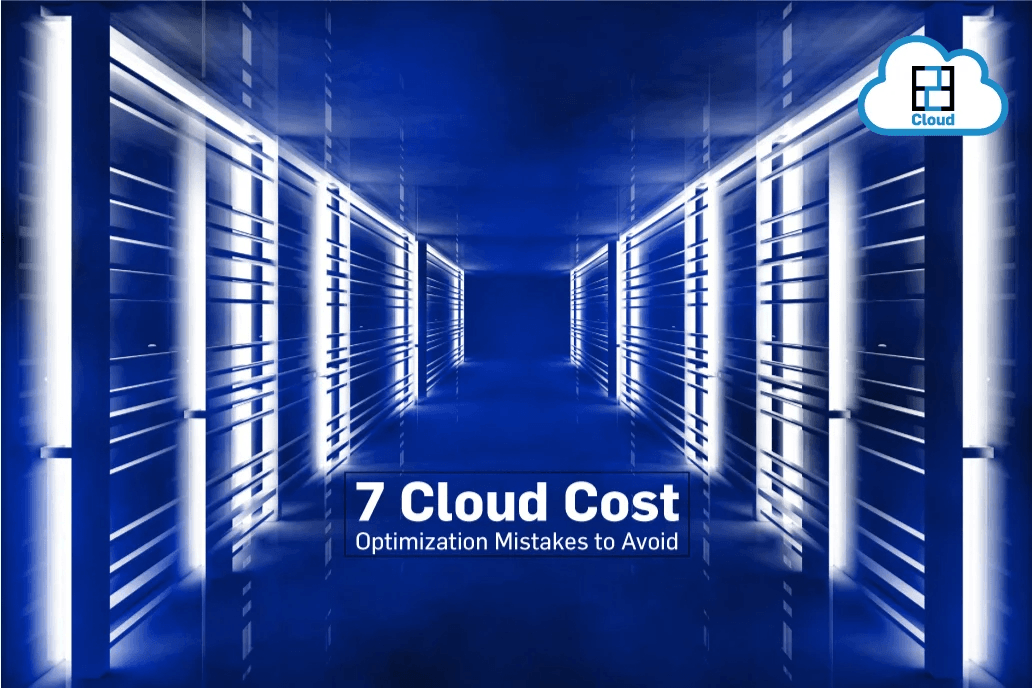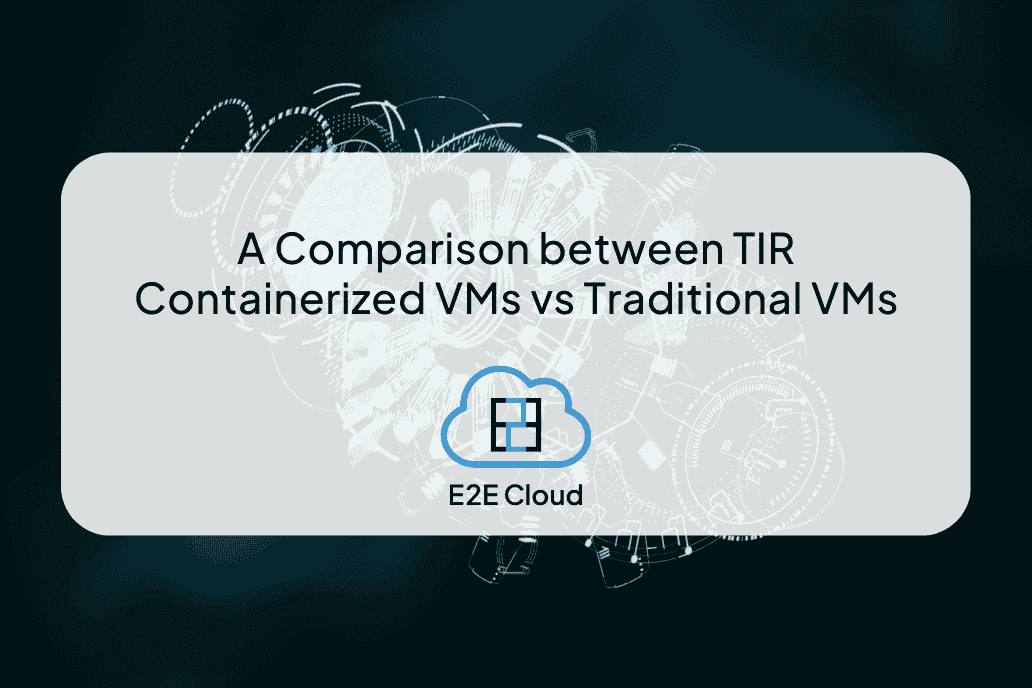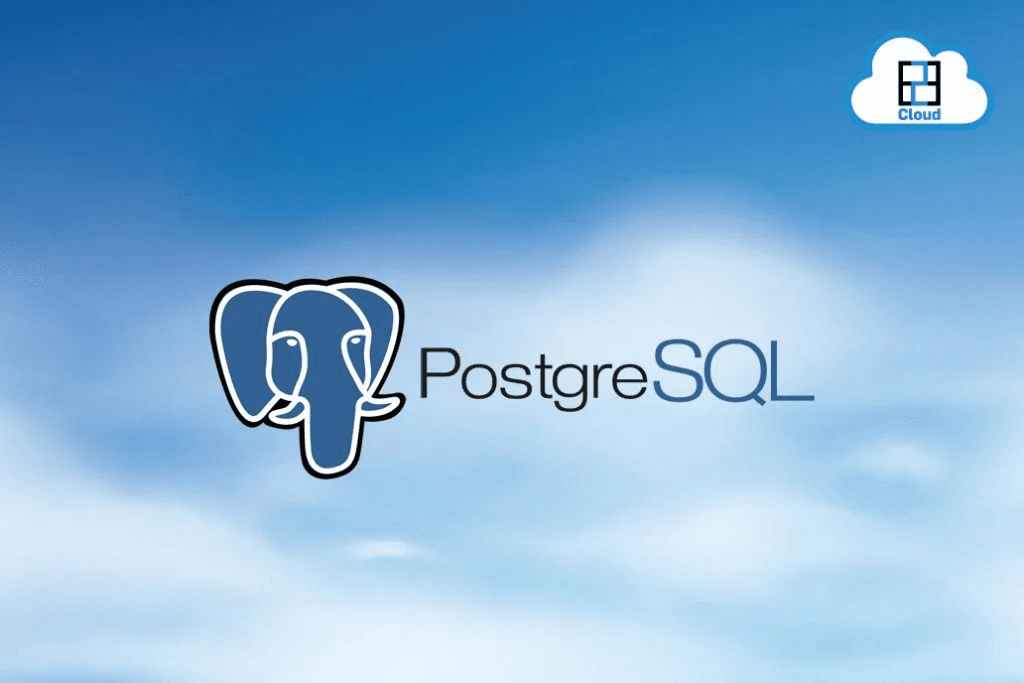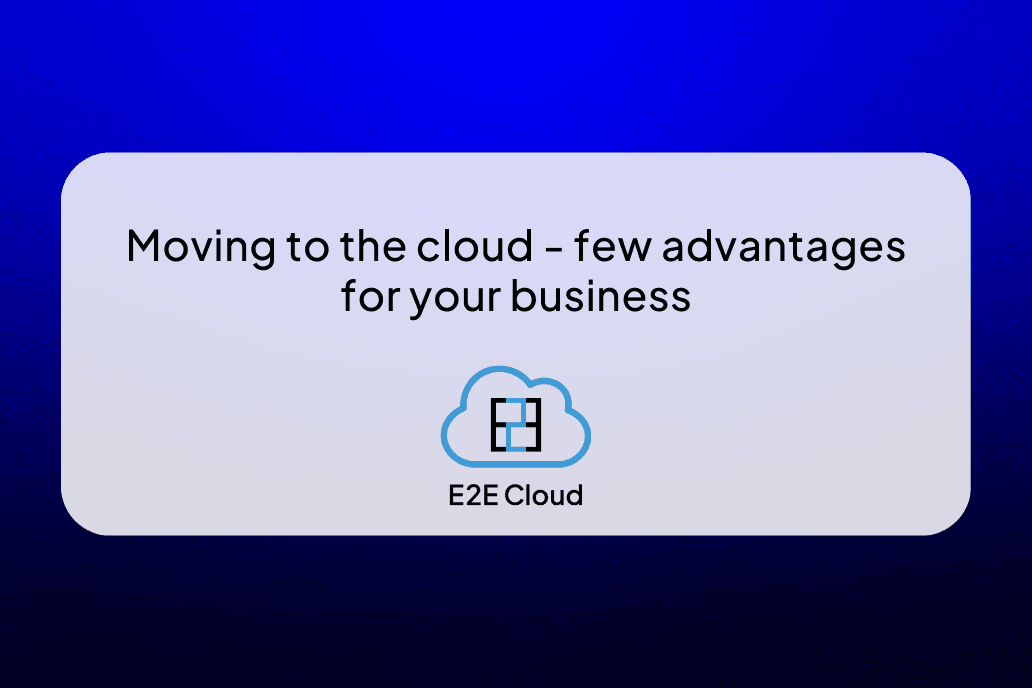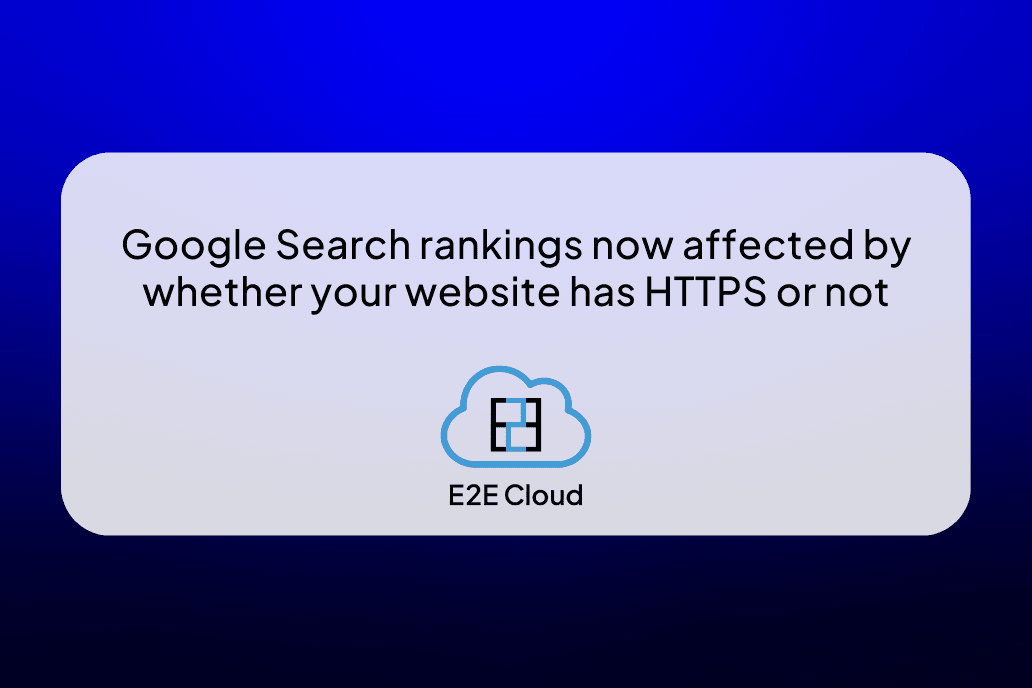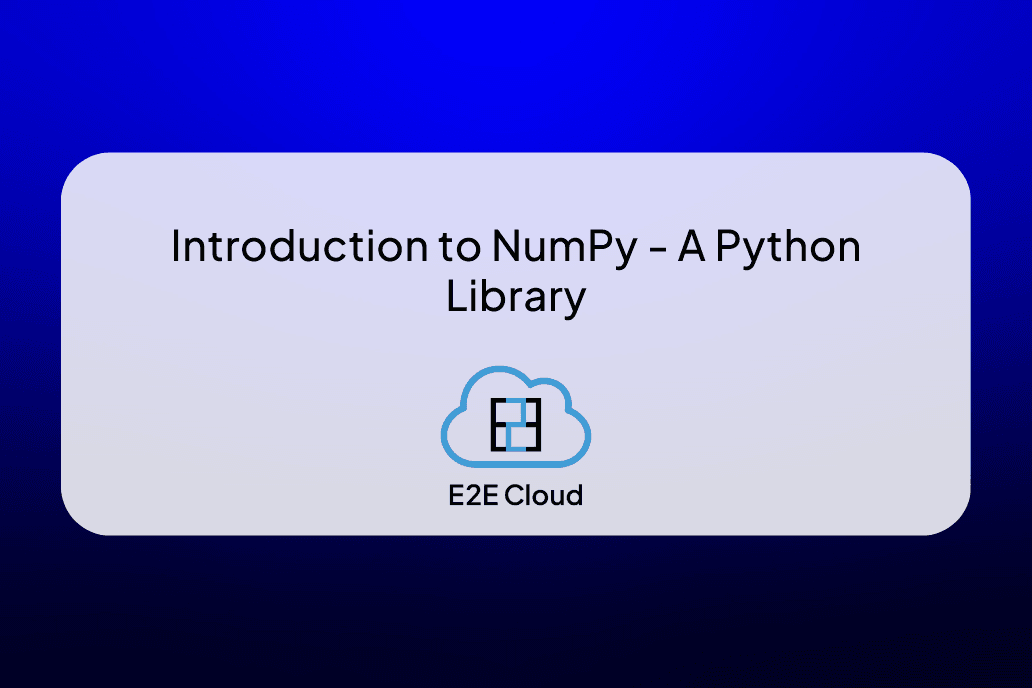Technology and information go hand-in-hand with speed, flexibility, and efficiency. From offline servers to cloud-oriented applications and the latest multicloud options, we’ve undoubtedly traveled significantly long.
In the quest to minimize the response time and speed up business applications, a lot of effort was put into optimized functions and experiments in on-premise server infrastructure. Ultimately, the quest turned into the origination of cloud-based apps and recently crafted the path for a multi-cloud strategy.
Why did the businesses feel the need for multicloud architecture? Well, we can converge the major factors into reduced response times and higher flexibility. This was led by enterprises that started updating from a cloud-oriented technology to a highly flexible and widespread framework.
Introduction to Multicloud
For organizations desiring to optimize their cloud architecture competence and abilities, a multicloud setup might be the most favorable approach.
Multicloud simply relates to accessing multiple instances of various clouds provided by different vendors. In multicloud, businesses can utilize the features of different vendors. Multicloud packages the features, infrastructure, and other offerings together so that enterprises can have access to overall vendors, and data can be arranged in an architecture suitable to its abilities.
Why Multicloud?
Let’s try to figure out some reasons to adopt multi-cloud. Well, there exists a number of supportive parameters, including:
- Prevent vendor lock-in for certain services
- Well-confined disaster recovery
- Effortless data transfer
- Hassle-free scalability and flexibility
- Grab the benefit of competitive pricing
Benefits of Multicloud: What Makes Multicloud a Worthy Choice?
An efficient service provider for your multicloud requirements is expected to be reliable enough to take over enterprise workloads through flexible and versatile services. The same includes executing heavy workloads, converged databases, or virtualization tasks. Additionally, enterprises accessing multicloud services can optimize service, price, and resources. At the same time, the quality requirements - high flexibility, data security, and interoperability are also entirely satisfied. It certainly takes a lot of effort to set up, but when done appropriately, multicloud deployment can truly empower an organization.
- Business agility – Enterprises can speed up their priority processes and enhance user experiences. Overall, they can lead a systematic approach thanks to multicloud to have an advantage over others.
- Business flexibility– Multicloud provides infrastructure flexibility to enterprises by blending on-premise server architecture with private and public cloud infrastructure. Overall, businesses get many operational and economic benefits.
- On-demand needs- Organizations can rapidly satisfy the ever-rising needs of their business as there is no risk of depending on a single-cloud provider.
- Backup & recovery– The multi-cloud infrastructure offers a sophisticated way to keep critical data safe. Enterprises get backup and recovery capabilities that are essential against power outages, hardware damages, and other disasters.
- Security- Independent cloud providers take complete responsibility to secure their cloud infrastructure. High-level safety and security is maintained by assessment of the cloud from the providers.
- Network Performance - This enables enterprises to create and maintain low-latency, high-speed infrastructure that serves far better response times and enhanced user experience.
- Choice of workload distribution - Businesses have the option of distributing the workload among various cloud providers. The best part is that they no longer have to rely on single-cloud providers and hence lock-in with any terms & conditions. Additionally, utilizing multiple services helps in getting multi-year discounts from different providers.
- Best of infrastructure benefit – One of the basic benefits is that enterprises can use their expertise in relevant domains. Various cloud providers have expertise in niche areas so that businesses can acquire diverse capabilities.
- Competitive pricing – Businesses can compare different services and efficiencies to others. Also, they easily find the most economical options thanks to the availability of a vast number of choices.
- Excellent ROI – Enterprises can use various services offered by all the different clouds involved. What does it do? It assists businesses in finalizing which cloud is the ideal fit for ever-fluctuating infrastructure requirements. Hence, any one cloud from the multicloud architecture can help assist the shortcomings of another. Enterprises can utilize these various services for the good. They can potentially gain significant outcomes on multi-cloud investments.
- Low latency – It removes the small delay that users often face with applications (due to the high distance between the apps stored and access points). Multicloud fills this void by bringing the data center closest to end-users. What it does is that it lowers the number of server hops and offers a minor latency period for users’ requested data.
- Innovation – Multi-cloud approach drives innovation for organizations. Undoubtedly, using a single cloud halts the utilization of technology and limits innovation. On the other hand, multicloud offers innovative solutions from different providers and their experts.
Conclusion
Multicloud is starting a revolution and is here to stay. A large number of global enterprises have acquired this approach and operate approximately almost five clouds. Various trends are converging to push the drive.
Priorly, businesses are trying to become more organized in their utilization of the E2E cloud and moving from infrastructure hosting and automation to developing their platforms with cloud-native services in analytics, serverless development, AI, and industry-specific offerings. Additionally, organizations are relentlessly writing code and creating automation frameworks that need to run natively on multiple clouds. E2E Network offers world-class cloud services that accelerate businesses through powerful and reliable infrastructure. Keep checking this space for more informative and interesting content.
Signup here to know more – https://bit.ly/344Ai4a
